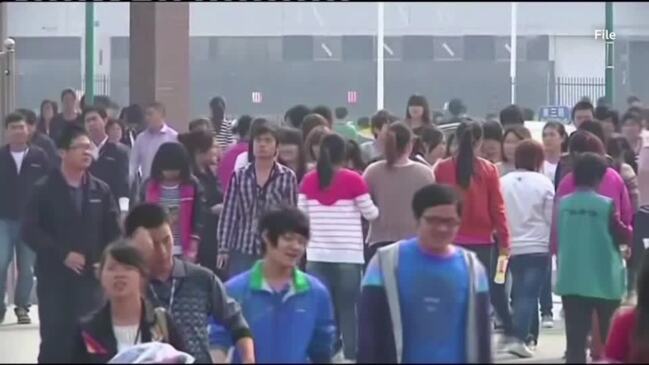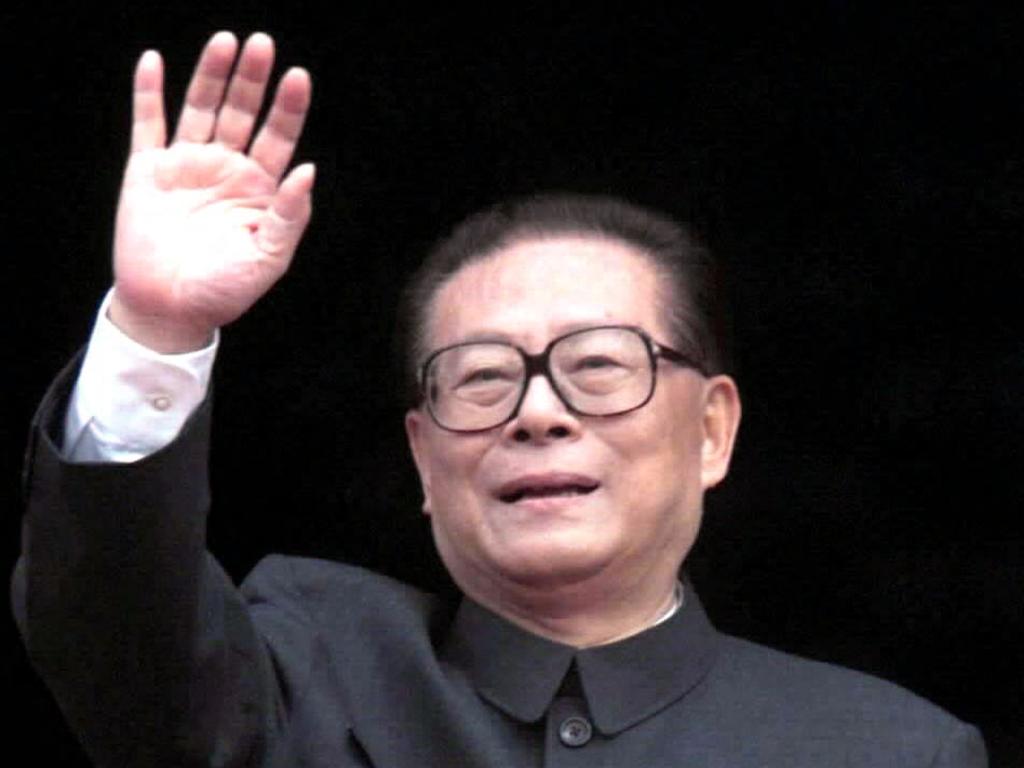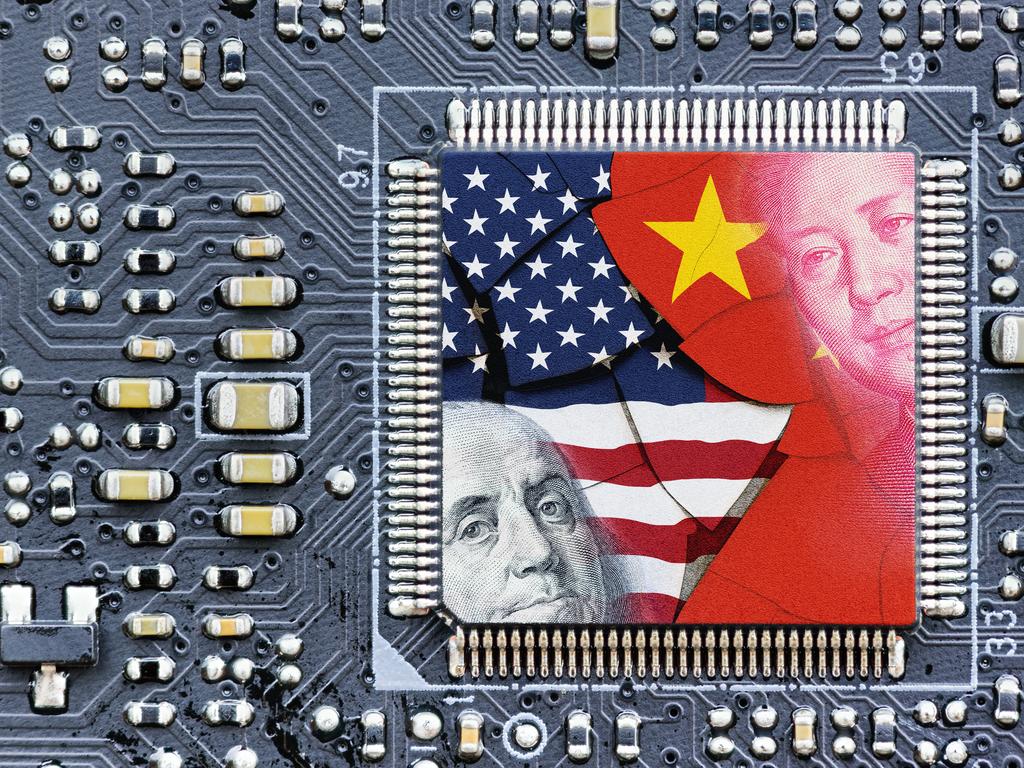China’s dilemma over Covid could spill into a worldwide trade war

The country has been in the grip of a severe housing market bust since Evergrande, one of the country’s largest property developers, defaulted on its debts. Housing starts are down more than 50 per cent from the peak while sales are down more than 30 per cent. At the same time, President Xi Jinping’s crackdown on private sector technology companies, as part of his “Common Prosperity” agenda, has stripped the economy of some of its innovativeness and dynamism. Growth is forecast to have slowed to only 3.2 per cent this year, well below the government target of 5.5 per cent and far below the 8 per cent growth that China was used to pre-pandemic. Those sorts of growth rates now look like a thing of the past, with UBS estimating that its trend rate of growth has now slowed to about 4 per cent, not least due to demographic shifts including a shrinking rapidly ageing population.
Nonetheless, the idea that President Xi’s position is under any threat is surely wishful thinking. The Communist Party showed in its response to the 1989 Tiananmen Square protests how far it is prepared to go to defend its rule, and armed with modern technology, it has even greater powers of coercion today. But the protests do highlight the dilemma facing Xi: does he give in to the protests by loosening Covid restrictions, thereby enabling the economy to open up but potentially inviting a deadly wave of Covid that could kill millions of unvaccinated older people? Or stick with the lockdowns until vaccination rates improve, which may require further repression and expand civil unrest?

How Xi resolves this dilemma will be closely watched in the West, not least because it will have a direct bearing on economic conditions here too. China’s lockdowns have been a significant factor in the supply chain issues that, before Russia’s invasion of Ukraine, were the primary source of the global inflation shock. Apple, for example, has warned that disruption caused by protests at the vast Foxconn plant in Zenzhou are likely to disrupt deliveries of iPhones this Christmas, leading analysts to forecast that the tech giant’s revenues will decline this quarter for the first time since 2019. A quick end to China’s lockdowns could remove remaining supply chain pressures, lowering global inflation, albeit this would be partially offset by higher energy prices fuelled by Chinese demand.
In this respect, the protests highlight a dilemma for the West too. As Xi further embraces authoritarianism, the West needs to work out how to manage the relationship with Beijing to maximise the returns to its own economies while not undermining its security in a few decades time.

In a new book, Global Discord, Sir Paul Tucker, the former deputy governor of the Bank of England and now a fellow at Harvard Kennedy School, likens the relationship between America and China to that between Britain and France between 1688 and 1815. That rivalry too was based on a clash of ideology, pitting French monarchism and later revolutionary ideals against British constitutionalism. It also took the form of a global contest for markets. And as a result, the contest played out everywhere, from North America to North Africa, and the West Indies to the East Indies, and in every sphere of activity. Similarly, the rivalry between the US and China is likely to play out in every field, from finance to cyber to education to space exploration.
The parallel is instructive because it is a reminder that the rivalry is one with which the world is likely to have to live for decades to come. China is too big and powerful to drift into global irrelevancy in the wake of a burst property bubble as Japan did in the 1990s. Nor, one must hope, is there likely to be a superpower confrontation, leading to a swift victory over the rising power similar to the defeat of Germany in the two world wars. To ensure that competition does not descend into proxy wars, the two sides need red lines, tripwires and ground rules to manage their economic rivalry as much as their geopolitical rivalry over issues such as Taiwan and freedom of navigation in the South China Sea.

The reality is that outside of the financial sphere, where thanks to the preeminence of the dollar America continues to enjoy what Tucker calls “the inertia value of incumbency”, the world is increasingly moving from the status quo of an American-led rules-based order to one of superpower rivalry. The risk is to stop this slipping into a new Cold War, in which the West and China effectively divide the world into two competing blocks. That would lead to a severe decoupling, imposing damaging costs on all economies. Ngozi Okonjo-Iweala, the director-general of the World Trade Organisation, warns that this would reduce global GDP by 5 per cent over the long term, with developing countries hardest hit.
In particular, both sides need to be careful not to fuel instability with careless language. Talk of “friend-shoring” may make sense if it means developing supply chains for strategically important imports in allied countries. But less so if it forces developing countries to choose sides. The aim must be to keep as much of the global trading system open as possible to prevent an even deeper economic shock.
- The Times






For the past week much of the world’s attention has been focused on the protests that have broken out across China in response to Beijing’s strict zero-Covid rules. The Chinese people certainly have good reason to be frustrated with their government. The fundamental bargain between the Chinese Communist Party and the people, that citizens forgo political freedoms in return for the promise of rapidly rising living standards, is being tested. Not only has the government disastrously mishandled Covid, its failed strategy has been compounded by its chauvinistic refusal to deploy the highly effective mRNA vaccines that have enabled the West to escape lockdowns. Economic growth has slowed to a crawl.